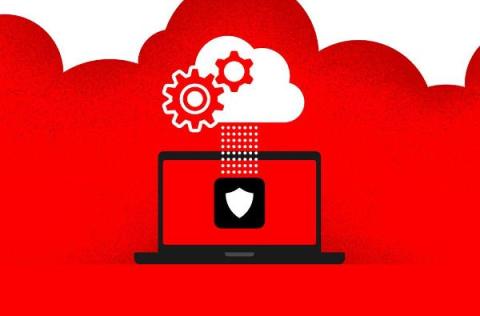Security | Threat Detection | Cyberattacks | DevSecOps | Compliance
Latest News
Interview with Cybersecurity Specialist, John Bambenek
In the latest instalment of our interviews speaking to leaders throughout the world of tech, we’ve welcomed John Bambenek, cybersecurity specialist at Bambenek Consulting Ltd.
DevSecOps: 5 Tips for Developing Better, Safer Apps
According to the CrowdStrike 2023 Global Threat Report, there was a 95% increase in cloud exploits in 2022, with a three-fold increase in cases involving cloud-conscious threat actors. The cloud is rapidly becoming a major battleground for cyberattacks — and the cost of a breach has never been higher.
Is Cybercrime Only Going to Get Worse?
At the turn of the millennium, few people were worried about cybercrime. The Good Friday Agreement had just come into effect, the US expelled a Russian diplomat for spying, and the threat of the Y2K bug loomed. ILOVEYOU, the computer worm that catapulted cybercrime into the public consciousness, was still five months away. Today, things couldn't be more different.
CI/CD Security: Advanced Best Practices to Secure Your Pipelines
Continuous Integration and Continuous Delivery (CI/CD) security has become crucial to modern software development practices. As the speed of software development increases with DevOps and Agile methodologies, there is a growing need to ensure the integrity of software across the entire development pipeline.
How to Improve Security Hygiene and Posture Management with ASM
Security hygiene and posture management (SHPM) is a relatively new concept, yet it’s fundamental to protecting sensitive systems and data. There’s growing recognition that it’s critical for today’s companies to fully understand assets and their relationships. As a result, more companies are looking to SHPM as a core component of their cybersecurity programs.
Addressing the Rising Threat of API Leaks
In the realm of cybersecurity, the metaphor of "Leaky Buckets" has become an increasingly prevalent concern, particularly in the context of API security. This term encapsulates the hidden vulnerabilities and exposures in API infrastructures that many organizations struggle to identify and address. The digital era has amplified these challenges, with APIs becoming central to the operational fabric of numerous enterprises.
Google Dorking: An Introduction for Cybersecurity Professionals
Decoding ethical hacking: A comprehensive exploration of white hat practices
In era of digital devices, where the specter of data breaches and cyber threats looms large, the role of ethical hackers, colloquially known as white hat hackers, has become paramount. This article embarks on an in-depth journey into the realm of ethical hacking, illuminating its profound significance in identifying vulnerabilities and fortifying the intricate tapestry of overall cybersecurity.
New Research: Phishing Attacks Stole $295 Million In Crypto In 2023
Researchers at Scam Sniffers have found that phishing attacks stole nearly $295 million worth of cryptocurrency from 324,000 victims in 2023, CryptoSlate reports. The cryptocurrency is stolen by malware delivered via phishing sites. “Wallet Drainers, a type of malware related to cryptocurrency, has achieved significant success over the past year,” the researchers write.










